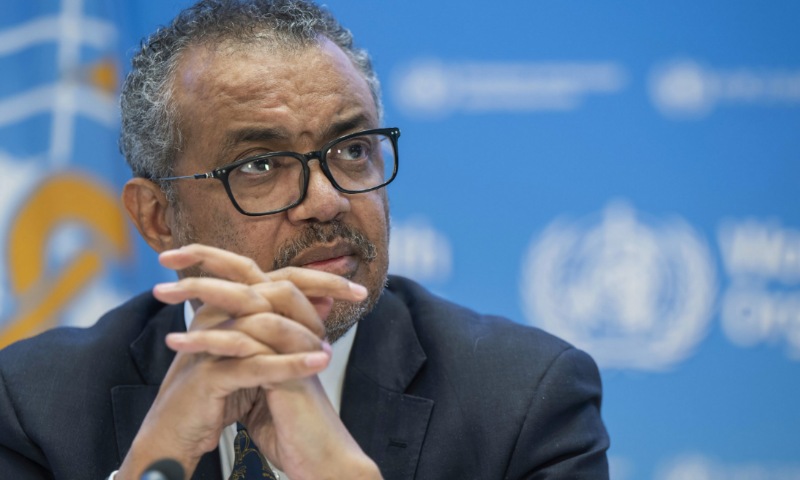Nigeria’s Federal Government launches new health initiatives. Officials aim to improve service delivery nationwide. This move addresses urgent health needs.
The Launch Event
Leaders gather in Abuja for the 2025 Joint Annual Review. The event runs from November 12 to 14. Nearly 1,000 participants attend, including government officials and partners. Prof. Muhammad Ali Pate chairs the meeting. He works with Minister of State Iziaq Salako. Additionally they focus on shifting from reviews to actions.
Key Strategies Unveiled
The government introduces the Second National Action Plan for Health Security. This plan strengthens outbreak responses. Moreover it enhances preparedness across states.
They also launched the Nigeria Collaborative Action Strategy. It integrates health campaigns under one plan. Therefore efficiency increases in service delivery. Other strategies include the Mini-DHS Framework for annual measurements. The Climate and Health National Adaptation Plan builds resilience. Furthermore the Emergency Obstetric and Newborn Care Assessment Report evaluates facilities.
Innovative Digital Tools
Officials unveil the Health Sector Strategic Blueprint. This tool guides national planning. Besides, the National Health Facility Registry tracks resources.
The BHCPF digital platform improves fund management. The national e-learning system trains health workers for free. Consequently skills rise quickly. PHC revitalisation dashboards offer real time data. The SAVE MAMA service aids rural emergencies. Additionally an automated mobile app supports community workers.
Official Statements
Prof. Pate stresses transparency and data use. He says, “We have made progress, but challenges remain.” Therefore new tools drive results for people.
Dr. Jean Kaseya praises the unified plan. He notes it cuts inefficiencies by 30 to 40 percent. Moreover, it attracts more resources. Dr. Oyebanji Filani highlights citizen confidence. He credits President Bola Tinubu‘s leadership. As a result, reforms gain strong support.
Expected Impacts
These initiatives aim for Universal Health Coverage. They reduce maternal mortality and boost immunization. Besides, they strengthen health security. States adopt tools for better accountability. This leads to efficient procurement and no ghost workers. Thus health outcomes improve nationwide.
The government targets enrolling five million in insurance by 2026. Local production expands with new plants. Finally Nigeria builds a resilient health system.


